A lot of people think of heaters in terms of “bigger is better.” This is true, in the sense that larger heaters do have a greater heat output. It is not true, however, that a larger heater is always a better option. After all, if you follow that logic you end up with a commercial heater larger than your basement. In all seriousness, though, a heater absolutely must be properly sized to fit the home in which it is being installed. Let’s take a look at what can happen if you pick the wrong sized heater, either too large or too small.
Too Large
A heater that is too large tends to provoke one major problem, by putting out more heat than the rest of the system is used to. That major problem is short-cycling. Short-cycling is what happens when your heater rapidly turns itself on and off throughout the day. This is caused by the heater’s limit switch, which is designed to monitor the internal temperature of the heater. When the heater’s internal temperature gets above the safety limit, the limit switch shuts the system down to prevent it from overheating. After the heater cools off, it starts up again and provokes the same reaction. This locks the system into a never-ending cycle of on and off that wastes energy and damages the system. Now, the oversized heater isn’t actually overheating, but its heat output is high enough to provoke the limit switch anyway.
Too Small
A heater that is not large enough for the home it’s supposed to be heating will still have a much shorter lifespan, though not from short-cycling. Instead, an undersized heater will simply run indefinitely in an attempt to heat a space that it does not have the output to adequately service. The stress of constantly being on will wear down the heater much faster than one which is properly sized, eventually causing the system to die an early death and require replacement.
If you aren’t sure what size heater to install in your home, call Red Rock Mechanical and let us know. We offer quality heating installation in the Montpelier, VT area.
Continue Reading
Tags: Heating Installation, Montpelier
Posted in Heating | Comments Off on This Is Why a Heater Must Be Properly Sized



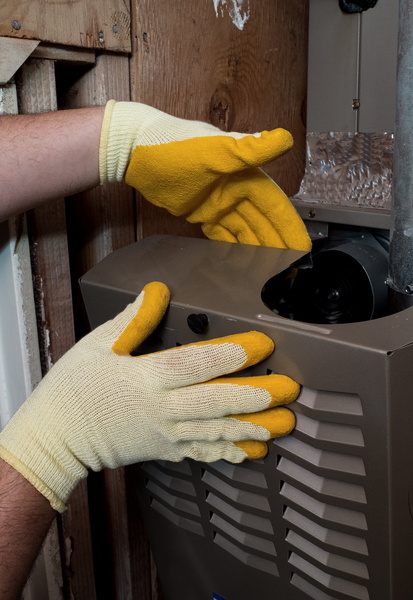
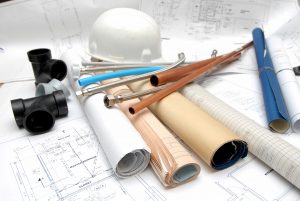
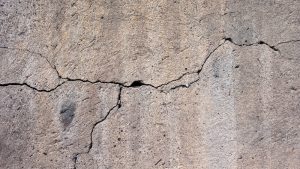 We’ve addressed the topic of slab leaks on our blog before, but here’s a quick rundown. Slab leak is a professional plumbing term for any pipe leaks that occur down in the concrete foundation of a building. The term can sometimes apply to any pipe leak in hardscape or rock, but for the purposes of your home we’re using it for the hot and cold water pipes under your house.
We’ve addressed the topic of slab leaks on our blog before, but here’s a quick rundown. Slab leak is a professional plumbing term for any pipe leaks that occur down in the concrete foundation of a building. The term can sometimes apply to any pipe leak in hardscape or rock, but for the purposes of your home we’re using it for the hot and cold water pipes under your house.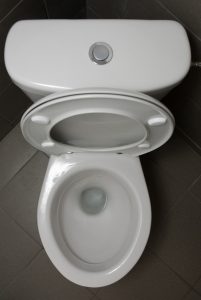 Leaks of any kind in your home are a problem, and most will need to be addressed with the help of skilled plumbers. The most troublesome leaks are the sort that escape notice because they’re coming from pipes hidden in walls, floors, or in the foundation. If there’s a leak you can see, you can move fast to have it repaired. For example, water on the bathroom floor that shouldn’t be there? You’ll probably need a plumber.
Leaks of any kind in your home are a problem, and most will need to be addressed with the help of skilled plumbers. The most troublesome leaks are the sort that escape notice because they’re coming from pipes hidden in walls, floors, or in the foundation. If there’s a leak you can see, you can move fast to have it repaired. For example, water on the bathroom floor that shouldn’t be there? You’ll probably need a plumber.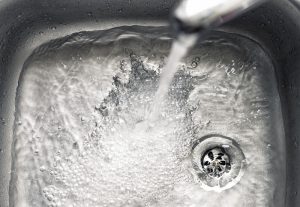 Cooking grease, as well as fats and oils left over from cooking, should never go down the kitchen drains. Ever, if you can possibly help it! It’s unavoidable for some grease to go down the drains when you’re cleaning up, but if you have grease in a pan or skillet after you’ve finished cooking, don’t tip it over and send it down the kitchen drain.
Cooking grease, as well as fats and oils left over from cooking, should never go down the kitchen drains. Ever, if you can possibly help it! It’s unavoidable for some grease to go down the drains when you’re cleaning up, but if you have grease in a pan or skillet after you’ve finished cooking, don’t tip it over and send it down the kitchen drain.





